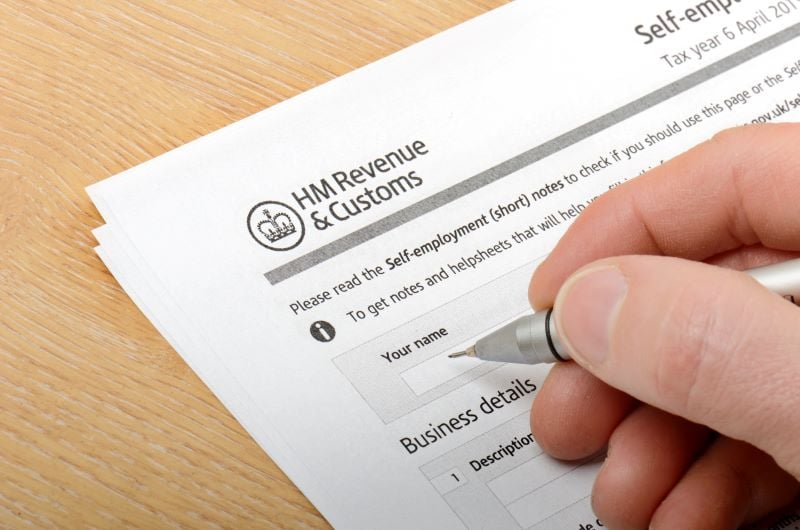HMRC umbrella company ‘checking tool’ looms for workers
Umbrella company consultation response and guidance due from HMRC, as more details come out on Tax Administration and...
READ MORE
The policy concerning deadlines for when capital gains tax (CGT) must be paid on a second home property disposal is changing in April 2020.

HM Revenue and Customs (HMRC) is changing CGT rules from April 2020, to reduce error and increase compliance.
Under current policy, customers are required to pay CGT on property disposal as part of the self-assessment cycle, which is set at up to 22 months after the disposal took place.
However, under the new rules customers will have only 30 days to file their return and make an advance payment towards their tax bill.
The latest HMRC research into the level of awareness of the CGT changes revealed that customers are mostly confused about the new rules.
Both individuals and intermediaries, including accountants, reviewing HMRC documents containing information about the CGT policy change said it was “difficult to understand due to long paragraphs containing financial terminology and unfamiliar terms related to CGT”.
“As a result, neither audience felt confident that they had fully understood the policy changes and felt they would need to refer to a professional for clarification,” HMRC revealed.
More specifically, customers said the information was overly difficult to read and to understand, due to the use of ‘jargon’.
“The main message customers recounted was that from April 2020, capital gains tax would be payable 30 days following the property sale.
“Customers who were more reliant on property as their main source of income expressed a desire for further information applying to their own personal tax situation, to fully understand the implications of the change on their overall tax liabilities,” HMRC said.
The report also highlighted issues for accountants, who on multiple occasions discovered that customers possessed insufficient documentary evidence of the value of their property when purchased, which made it more difficult to calculate CGT liabilities.
“Not having the right information on values of assets from the past and having to find this information... that can sometimes be an issue,” said an accountant as part of HMRC’s study.